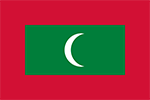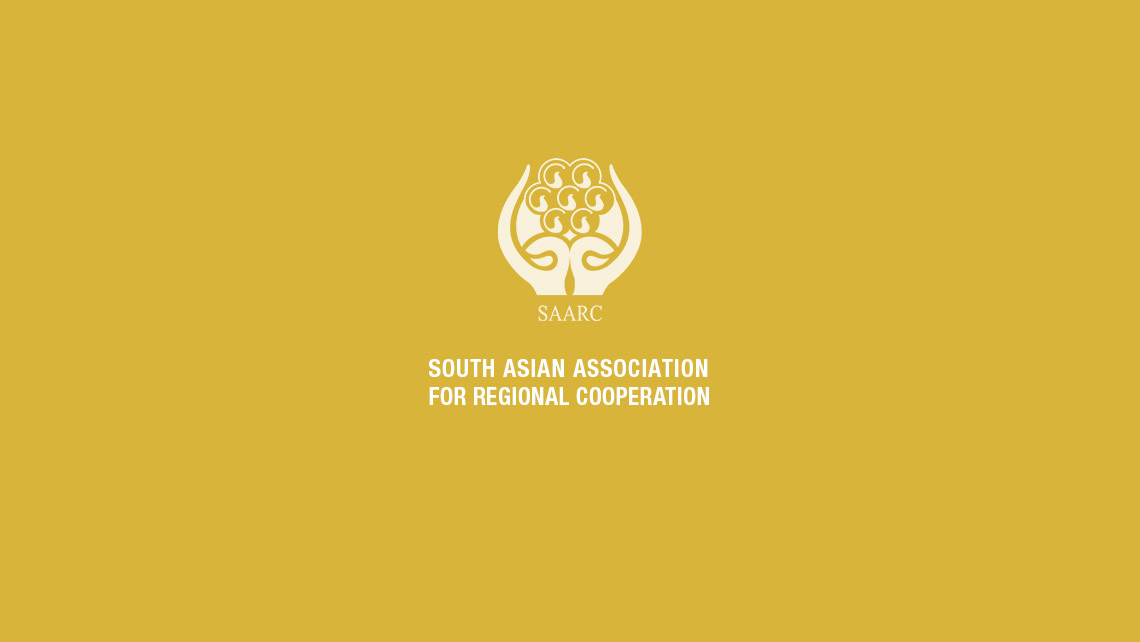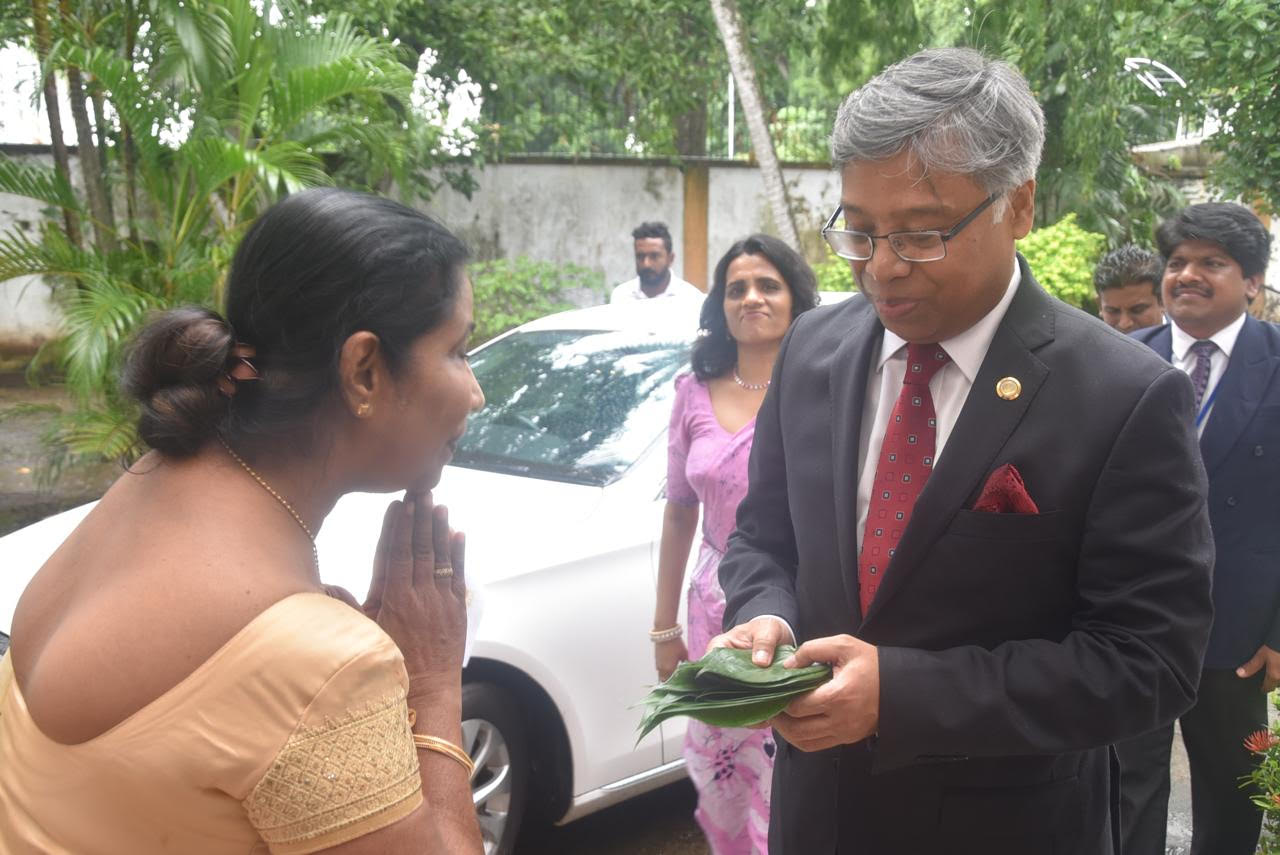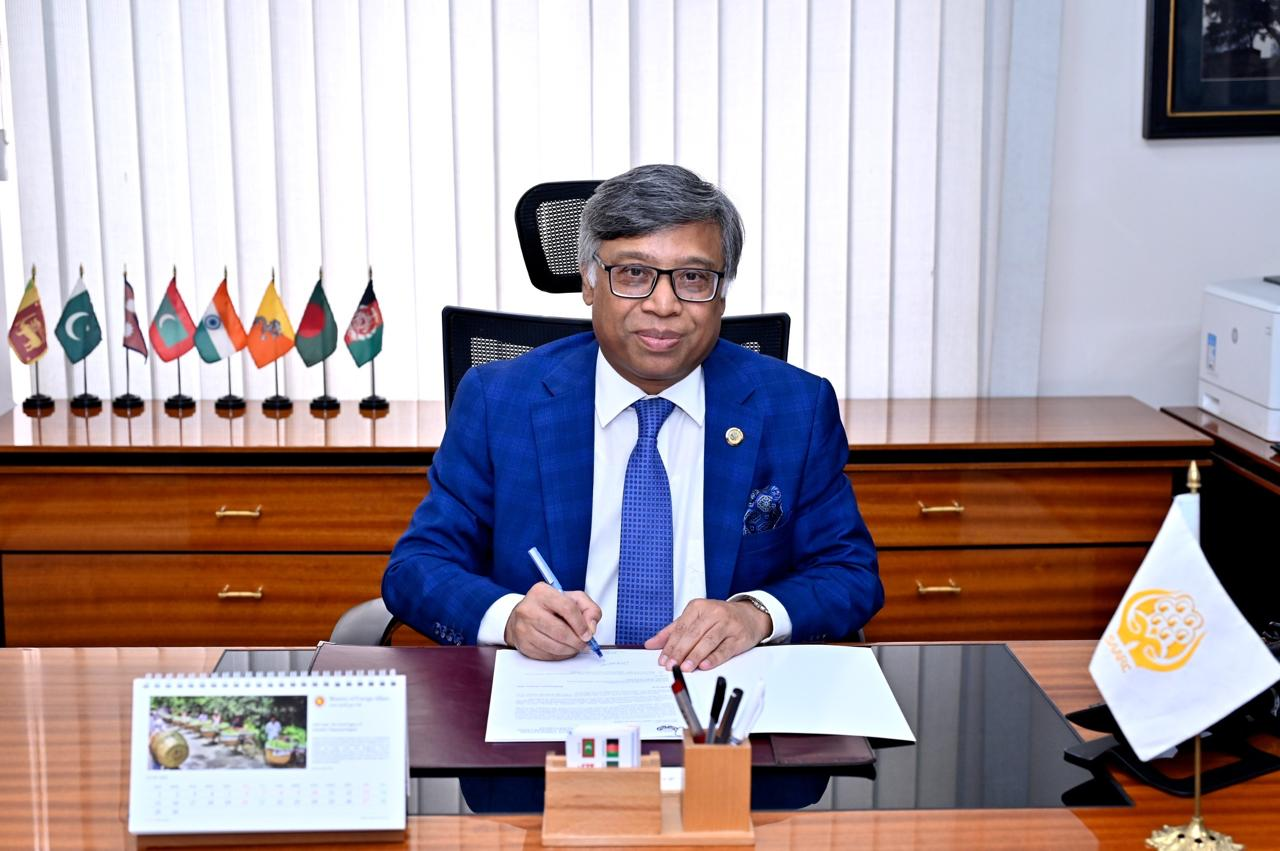An Interactive Session with Nobel Laureate Prof. Muhammad Yunus, SAARC Secretariat, 22 December 2012
An interactive session with Nobel Laureate Prof. Muhammad Yunus titled “Microfinance and Poverty Reduction in South Asia” was held at the SAARC Secretariat on Saturday, 22 December 2010.
H.E. Mr. Ahmed Saleem, Secretary-General of SAARC welcomed Nobel Laureate Prof. Muhammad Yunus and all distinguished delegates to the programme and said that as SAARC is observing its Poverty Alleviation Decade 2006 – 2015: SAARC looks forward to learning from the insights and experiences of Prof. Yunus on a subject which is extremely relevant in the context of the South Asia.
The interactive session was chaired by Hon. Dependra Bahdur Kshetry, Vice-Chairman of the National Planning Commission of Nepal. The discussion panelists were Dr. Yuba Raj Khatiwada - Governor of Nepal Rastra Bank, Mr. Binod Chaudhary - President Confederation of Nepalese Industries (CNI), Ms. Chandani Joshi, Former Director of UNIFEM South Asia and Mr. Raj Babu Shrestha, Executive Director – Poverty Alleviation Fund, Nepal.
Prof. Yunus delivering an inspiring speech, pointed out that the South Asian region being home to one fourth of world’s population, is also a hub of poverty in the world. He emphasized the role of women and youth in poverty reduction processes and the need for redesigning economic, political, educational, financial and technological systems to reduce poverty until poverty is eradicated from the region.
A number of distinguished invitees including diplomats, academics, media personnel and Officials of the SAARC Secretariat participated in the programme for which SAARC Secretariat was supported by CNI and SACEPS.
Mr. Dhan Bahadur Oli – Director (Information and Poverty Alleviation Division) of SAARC Secretariat proposed a vote of thanks and expressed SAARC’s gratitude to Nobel Laureate Prof. Muhammad Yunus, Chair, all panelists and distinguished invitees for making the event a success.











